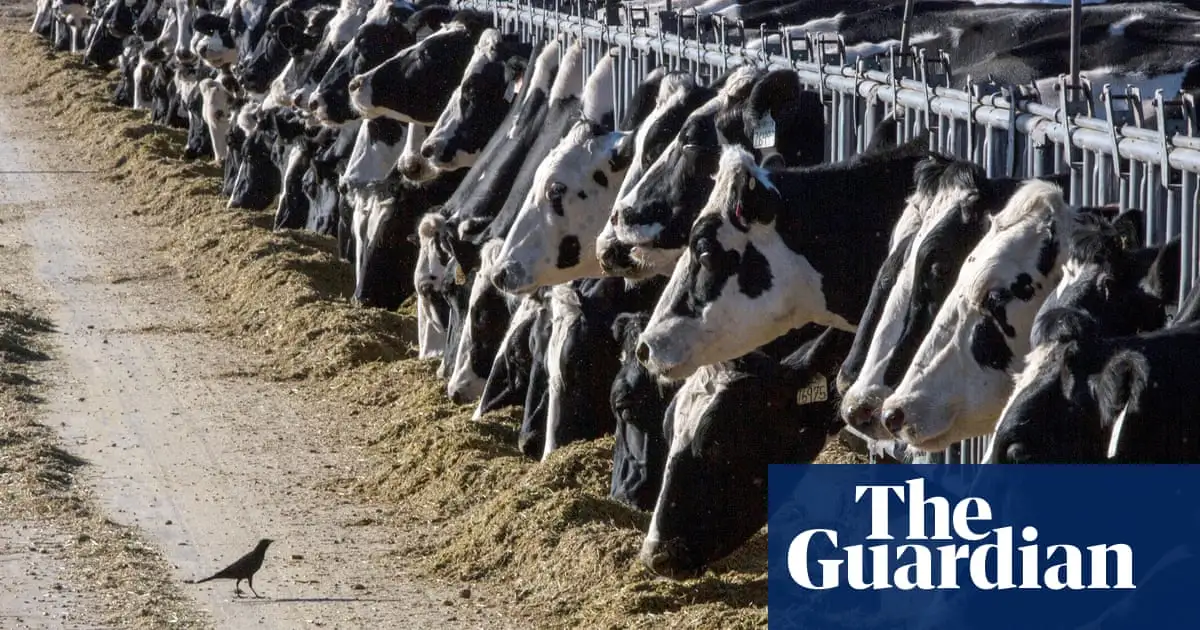- cross-posted to:
- [email protected]
- cross-posted to:
- [email protected]
Farm worker who had contact with sick cows tests positive for H5N1, making it the second case detected in Michigan
Archived version: https://archive.ph/77z76
Some relevant bits:
This new case does not seem to indicate human-to-human transmission of the highly pathogenic avian flu, as it was detected on a different farm from the previous Michigan case, officials said.
This is the first time in the US outbreak a person with H5N1 has displayed respiratory symptoms, unlike the previous two cases with only conjunctivitis, commonly known as “pink eye.” The respiratory symptoms are concerning because they “increase the odds of exposing someone to the virus as compared to conjunctival symptoms”
“To date, none of this individual’s close contacts have developed or reported any symptoms, and they have been offered Tamiflu,”
Officials have not “seen anything in our genetic analysis thus far to suggest changes to the virus that might make it more easily transmitted among humans”, Shah said.
Different symptoms though, which makes it problematic
This is the first time in the US outbreak a person with H5N1 has displayed respiratory symptoms, unlike the previous two cases with only conjunctivitis, commonly known as “pink eye.”
The respiratory symptoms are concerning because they “increase the odds of exposing someone to the virus as compared to conjunctival symptoms”, Dr Nirav Shah, principal deputy director of the CDC told reporters on Thursday. “Someone who’s coughing may be more likely to transmit the virus than someone who has an eye infection like conjunctivitis.”
But no close contacts, including other workers on the farm, have reported symptoms so far, he said.
Great. Respiratory illness. That makes it so much more likely to be able to spread from an infected person.
Can this disease be transfered if you eat under cooked beef?
Theoretically, yes, but I don’t believe that any studies on that exact question have been completed/released yet. So far, it has only been proven that infected milk can cause disease in mice and that the virus can be found in the meat of (some?) infected livestock.
Guys… cluck cluck cluck… I’m feeling funny buc buc BWAK!





